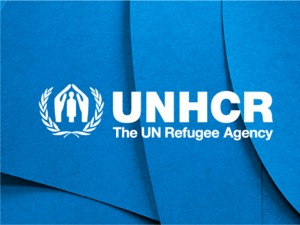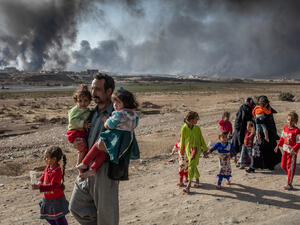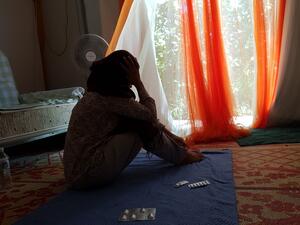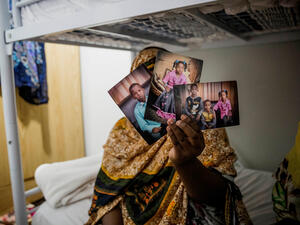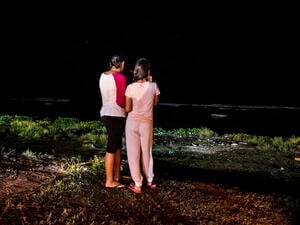A world with high expectations and no choice but to act
A world with high expectations and no choice but to act
UNHCR’s 2019 Global Trends Report shows 79.5 million people were forced from their home to escape war, persecution and violence. If it was a country, it would be the 20th biggest in the world and half would be children. The report came out last week, just ahead World Refugee Day, a day to honour refugees around the globe and to celebrate the contributions they make to their new communities.
While many nations remain somewhat detached from the global refugee crisis by virtue of geography, New Zealand has continued, quietly, to make positive steps toward the international solidarity envisaged when United Nations member states adopted the Global Compact on Refugees in 2018. Increasing its refugee resettlement quota to 1500 annually, moving forward with a proven community sponsorship program and enhancing opportunities for family reunion, significant moves that offer hope for refugees. And the commitment to quality refugee settlement support from professionals and volunteers across New Zealand will continue to ease the sense of loss felt by many who, in addition to country, may have lost their family and life as they knew it.
Beyond the numbers, the Global Trends Report showcases the countries that continue to host refugees, year after year, in ways and to levels that are perhaps unfathomable to those of us buffered by distance. The neighbouring states of Syria, Venezuela, Afghanistan, South Sudan and Myanmar are hosting two-thirds of cross-border displacement worldwide, countries already challenged to deliver for their own citizens. Indeed, it is the low- and middle-income countries that carry the load, hosting nearly 90 percent of the world’s refugees. And it is the communities of these nations that also continue to offer welcome, in their homes, schools, and places of worship. This is not really about choice; it is about compassion and humanity. It is also a welcome that is not short-term but can go on for generations.
The picture of the record numbers of people forced to flee their homes this year takes on an even darker hue when we put it in the context of a global pandemic. COVID-19 has been confronting for all of us. However, the conditions of the world’s displaced could never offer the safeguards put in place here: just as Syrian refugees in Lebanon or Rohingya refugees in Bangladesh, a large number of refugees live in densely populated settlements, with poor sanitation, and where access to public health services is limited. Going forward, refugees and the displaced, part of the most vulnerable in the world, will feel the double impact of risks to health and livelihoods lost as the economic hits keep coming.
In the face of this dual crisis - emergency on top of an emergency - the world’s displaced and their hosting communities need your support and to see your solidarity. The world has watched New Zealand face its own crises through community empathy and solidarity, and the global community responded to your grief. Kiwis have shown that everyone can make a difference, that every action counts. This year, make a difference in the life of a refugee: support a newly arrived refugee family in your community, volunteer with your local refugee support organisation, fundraise for refugee situations around the world, offer employment to a refugee newcomer, support a refugee student; there are countless ways you can show solidarity and demonstrate the strength of your compassion. Every minute, 20 people leave everything behind because they don’t have a choice. Kiwis know firsthand: compassion is not a choice either.


